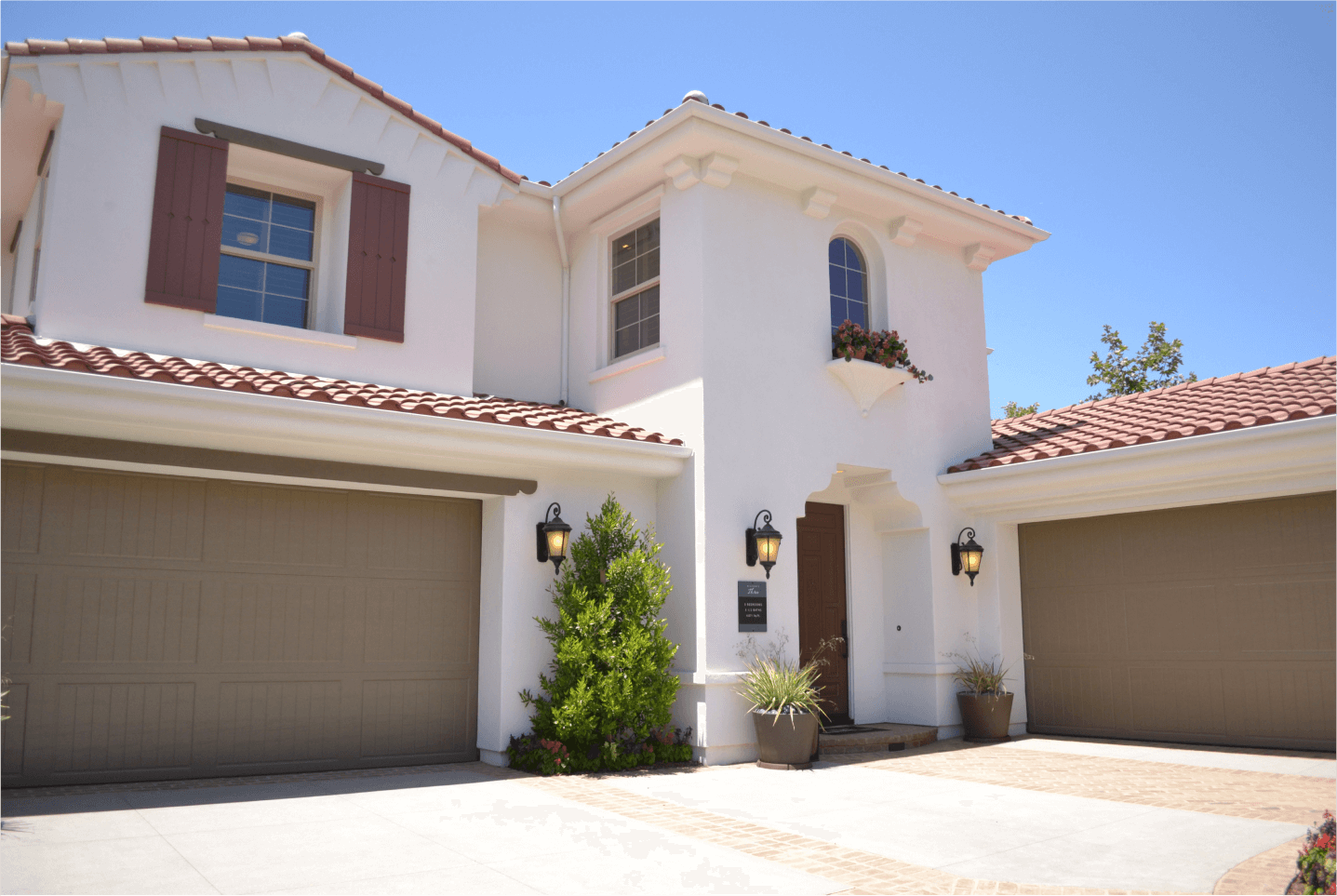Non-QM loans come in many different forms, each tailored to meet the needs of borrowers with unique financial situations. Below we will cover some of the major Non-QM programs:
Bank Statement Loans
Bank statement loans are an ideal option for self-employed borrowers, freelancers, or business owners who have difficulty providing traditional income verification, such as W-2s or tax returns. This is especially ideal for borrowers who have a lot of write offs. Lenders use the borrower’s personal or business bank statements—typically from the last 12 to 24 months—to verify income. This allows self-employed individuals to demonstrate their earning potential based on the deposits into their accounts, rather than relying on traditional income documentation. For business owners, this can include business bank statements, helping them show their revenue even if their tax filings don’t fully reflect their true income.
Fix-N-Flip Loans
Fix-and-flip loans are designed for real estate investors who want to purchase a property, renovate it, and sell it for a profit. These loans typically provide short-term financing, often for periods ranging from six months to a year, with the expectation that the property will be sold or refinanced before the loan term expires. They are ideal for borrowers who may not have traditional credit or income but have the expertise and experience in real estate flipping. Fix-and-flip loans typically cover the cost of both the property purchase and the renovation, making them a popular choice for investors who need funds quickly to seize opportunities in the real estate market.
Debt Service Coverage Ratio (DSCR) Loans
DSCR loans are a great option for real estate investors who own rental properties. Rather than relying on personal income or credit scores, these loans focus on the rental income generated by the property. The Debt Service Coverage Ratio (DSCR) measures the ability of a property to generate enough income to cover its mortgage payments. To qualify for a DSCR loan, the rental income must exceed the mortgage payments (including principal and interest). These loans are beneficial for investors who want to leverage their rental property income as a means to secure financing.
1099-Only Loans
1099-only loans are tailored for independent contractors, freelancers, and gig workers who receive 1099 forms instead of W-2s. These borrowers often have fluctuating incomes, which can make it difficult to meet the strict income verification requirements of traditional loans. A 1099-only loan allows lenders to evaluate income based solely on 1099 forms, bank statements, or other non-traditional documentation, making it easier for independent contractors to qualify for a mortgage. This is an excellent option for individuals whose income may be irregular but who can demonstrate their earning capacity over time.
Foreign National Loans
Foreign national loans are specifically designed for non-U.S. citizens or non-permanent residents who want to purchase property in the United States. These loans are ideal for international buyers who may not have a U.S. credit history but want to invest in U.S. real estate. Lenders offering foreign national loans typically require proof of income, assets, and the borrower’s country of residence. Some lenders may also accept a larger down payment and may not require a U.S. credit score. These loans allow foreign nationals to invest in U.S. properties, making them a popular choice for international buyers.
Individual Taxpayer Identification Number (ITIN) Loans
ITIN loans are for borrowers who do not have a Social Security Number (SSN) but have an Individual Taxpayer Identification Number (ITIN), which is typically issued to non-citizens or those who are not eligible for an SSN. These loans provide an option for undocumented workers or immigrants who have been filing taxes in the U.S. but lack the traditional documentation required by conventional lenders. Lenders use the borrower’s ITIN along with other non-traditional documentation, such as bank statements or utility bills, to assess the borrower’s financial stability. ITIN loans make homeownership possible for individuals without traditional credit histories.
Asset Depletion Loans
Asset depletion loans are based on the borrower’s assets rather than income. This is ideal for individuals who may have substantial savings or investments but don’t have a steady income stream, such as retirees or those with a significant amount of wealth in non-liquid forms. Lenders calculate the borrower’s monthly income based on the total assets they hold, and this can include savings, investments, retirement accounts, or other liquid assets. This type of loan is beneficial for individuals who want to access home financing without regular income but have significant financial resources.
Bridge Loan
Bridge loans are short-term loans designed to "bridge" the gap between the sale of an existing property and the purchase of a new one. These loans are typically used when a borrower needs immediate financing but has not yet sold their current home. Bridge loans provide quick, temporary access to capital, often with higher interest rates, but they allow the borrower to move forward with purchasing a new property while they wait for the sale of their current property to close. Once the existing home is sold, the borrower can pay off the bridge loan. These loans are particularly useful for buyers in competitive markets who need to act quickly on new opportunities.




